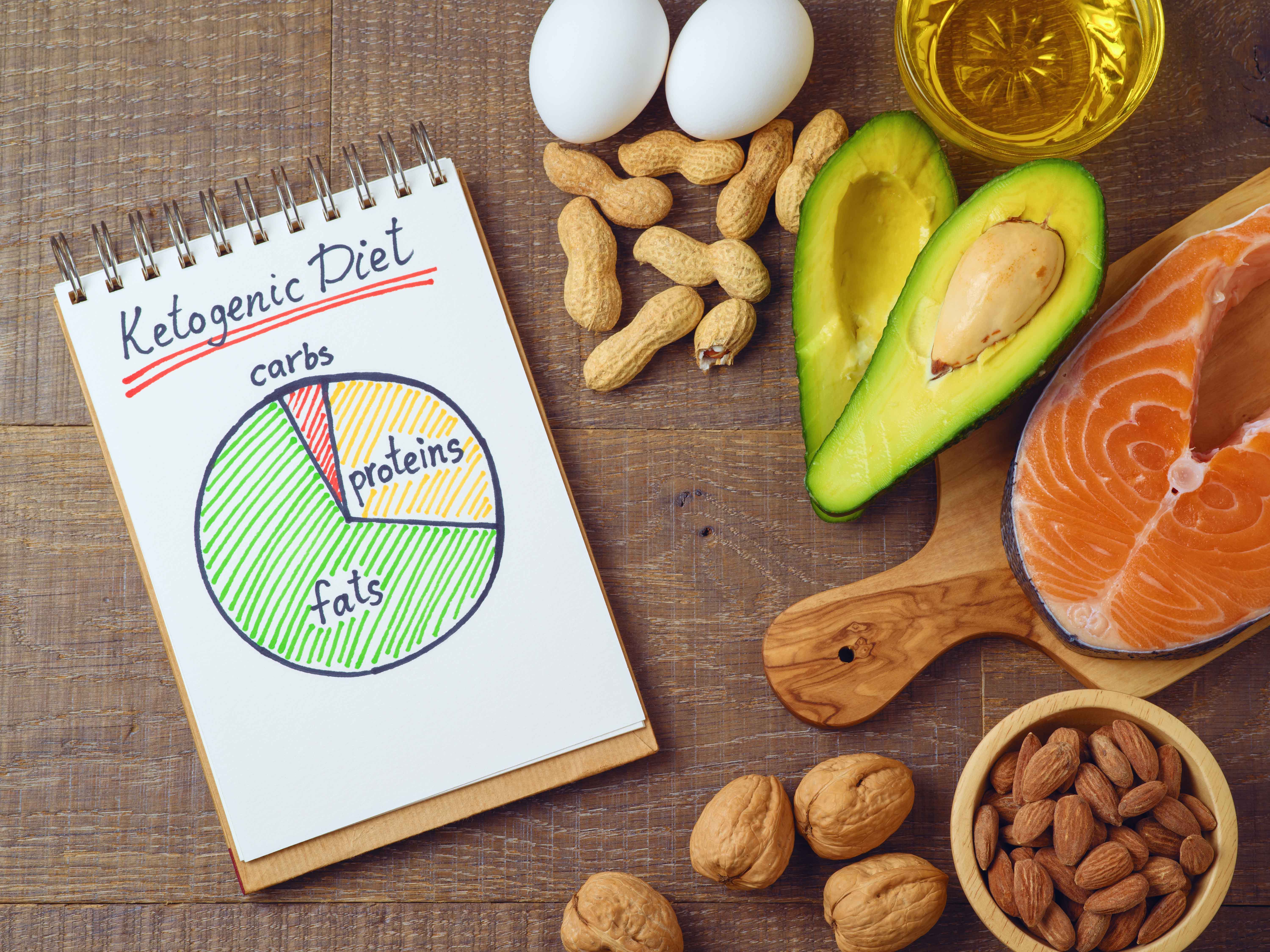By: Katy Defazio
Disclaimer: Always do thorough research before beginning any diet or lifestyle changes. Consult with your primary care physician to configure the best nutritional supplements for your body and overall physical health.
Are you on the hunt for effective ways to adjust your eating habits? Do you have issues with consuming too much sugar or carbohydrates? Are you sick of constantly feeling groggy after eating? A low-carbohydrate/keto lifestyle may be the choice to build up your energy levels and manage your weight effectively! But where do we even start with converting to this lifestyle? Exactly that. The short definition of the keto/low-carbohydrate lifestyle is assuming a low carbohydrate/high fat diet, with virtually no sugar intake. This might sound scary at first, but I can assure you that it is a lot easier than you think. Let’s look at the fine details.
When preparing for a keto/low-carbohydrate lifestyle, it is important to understand what exactly you are consuming. These types of lifestyles include the necessary tracking of your food to ensure that you are getting enough nutrition and properly losing weight. In the keto/low-carbohydrate lifestyle, you are calculating net carbs. Net carbs are the total amount of digestible carbohydrates in a food product or meal. This nutritional information is calculated by taking the total number of carbohydrates and sugars (digestible) and subtracting it by the fiber and specific sugar alcohols (non-digestible). The final number is the amount of carbohydrates the food contains that can digest into glucose. People get scared when they initially hear that they cannot eat carbohydrates on this specific lifestyle. The trick here is combining the carbohydrates with the proper fibers to ensure proper weight loss and overall happy eating. It is also important to remember the difference between keto and low-carb lifestyles. Keto is a much stricter implication that keeps net carb intake at 25-30 grams per day. Low-carb lifestyles can range from 50 net carbs a day to 200 net carbs a day. For me personally, low-carb eating is a much more balanced intake of nutrition to begin with, ultimately making your way to lower and lower net carbs per day.
It is important to remember that this lifestyle adjustment takes time because your body is going into ketosis. Ketosis is a normal metabolic process that occurs when your body doesn’t have enough carbs from food to burn for energy. This results in your body producing more ketones and burning fat for fuel instead. Eating more healthy fats equals more energy. Fats also help keep you full for longer. The best benefit of ketosis is weight loss, of course. Other benefits to these lifestyle adjustments include helping certain diseases and ailments such as diabetes, epilepsy, polycystic ovarian syndrome, anxiety, and even acne. Because ketones improve brain function, people often report mental clarity, better cognition, and increased memory. Another benefit is decreased inflammation in the body. This is helpful for people suffering from arthritis, psoriasis, and eczema. Because the diet improves energy levels, sleep improvements have been reported as well. Along with these, some more benefits of the Keto diet are improvement of heart health, hormone balance in women, increased levels of HDL (the good cholesterol), and reduced blood pressure.
With any diet or lifestyle adjustment, there can also be negative impacts. One major implication that could happen is ketoacidosis. This occurs when ketones build up in your blood, causing it to become acidic. A healthy low-carb diet with proper hydration shouldn’t cause ketoacidosis, but it is important to mention because it can if you don’t properly hydrate daily. If you are experiencing any of these negative side effects, contact your doctor. Your health should never be taken lightly.

